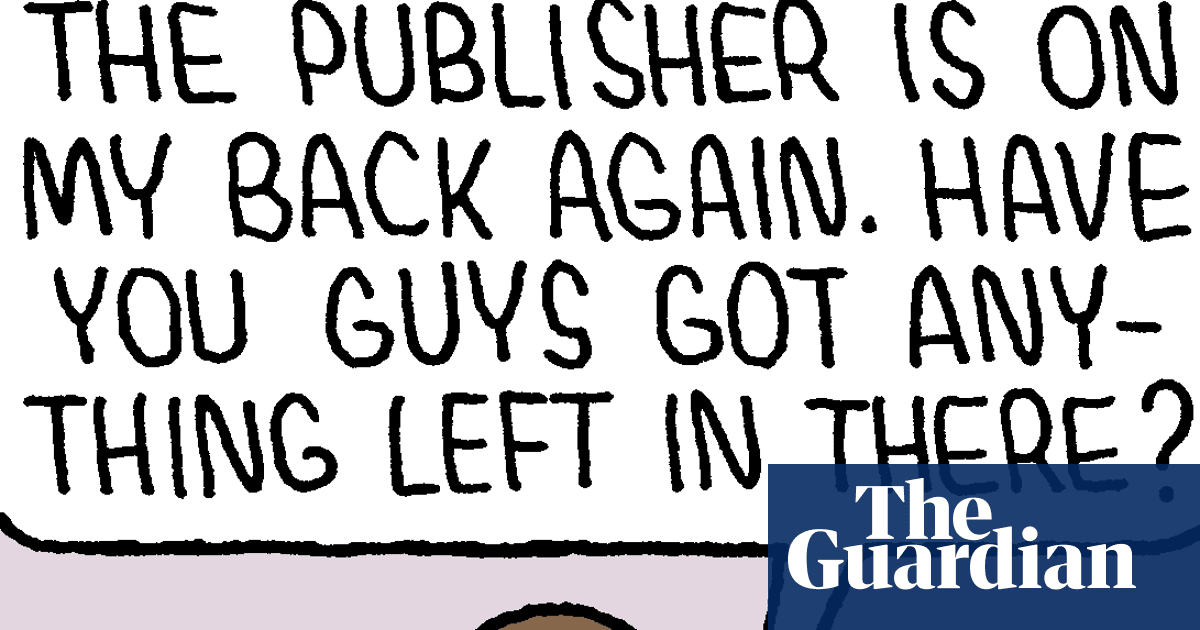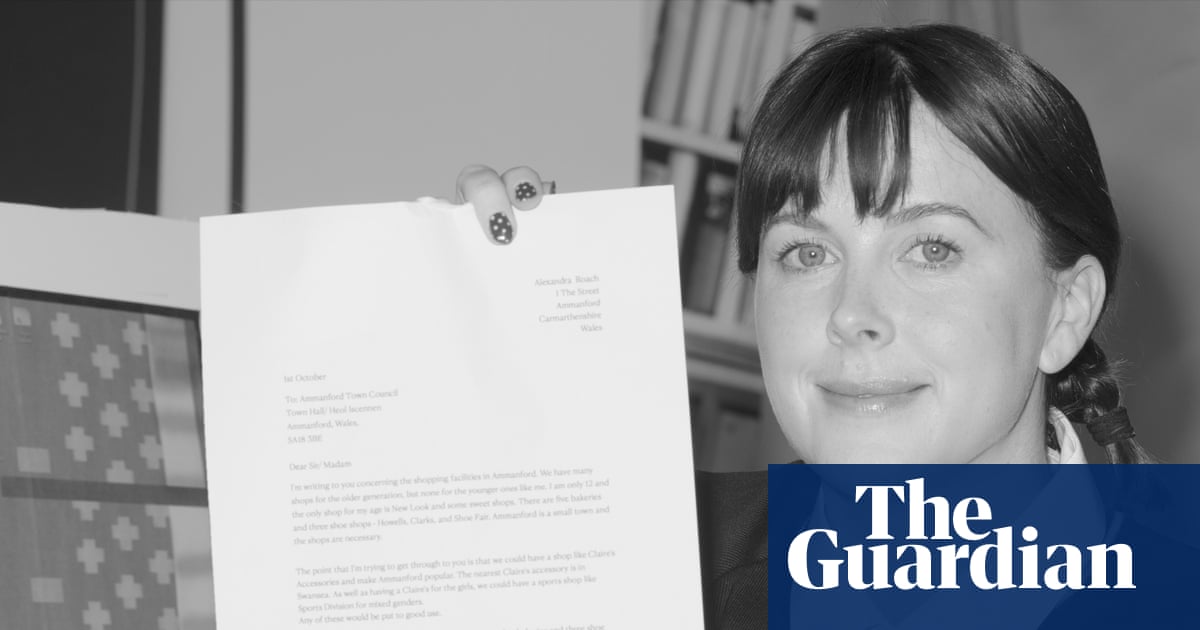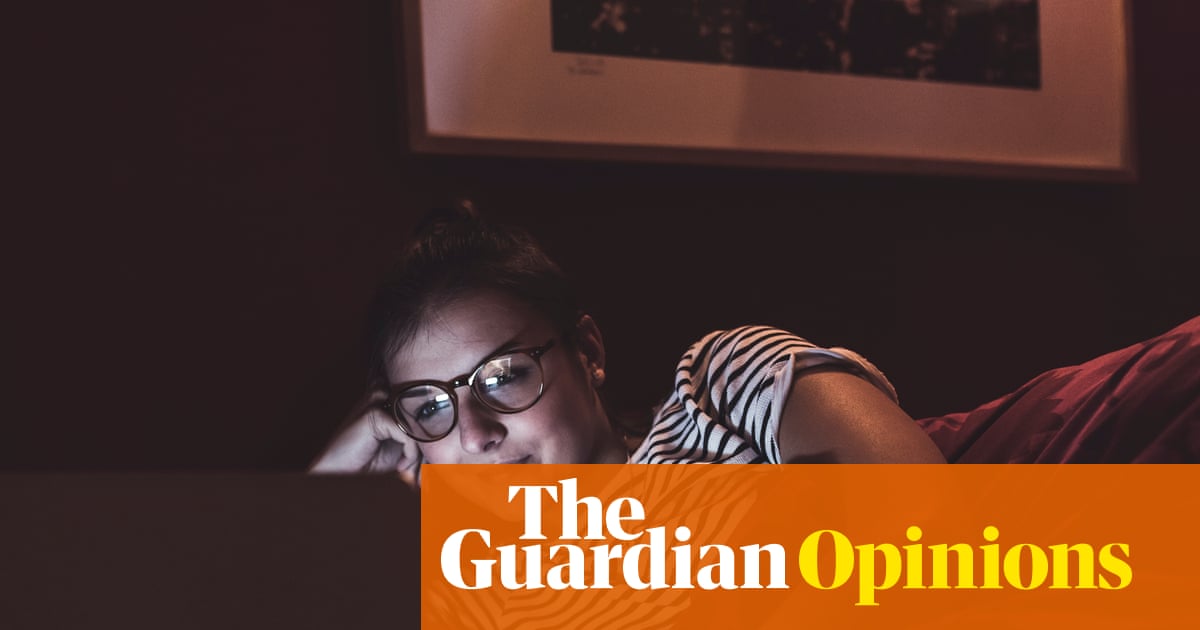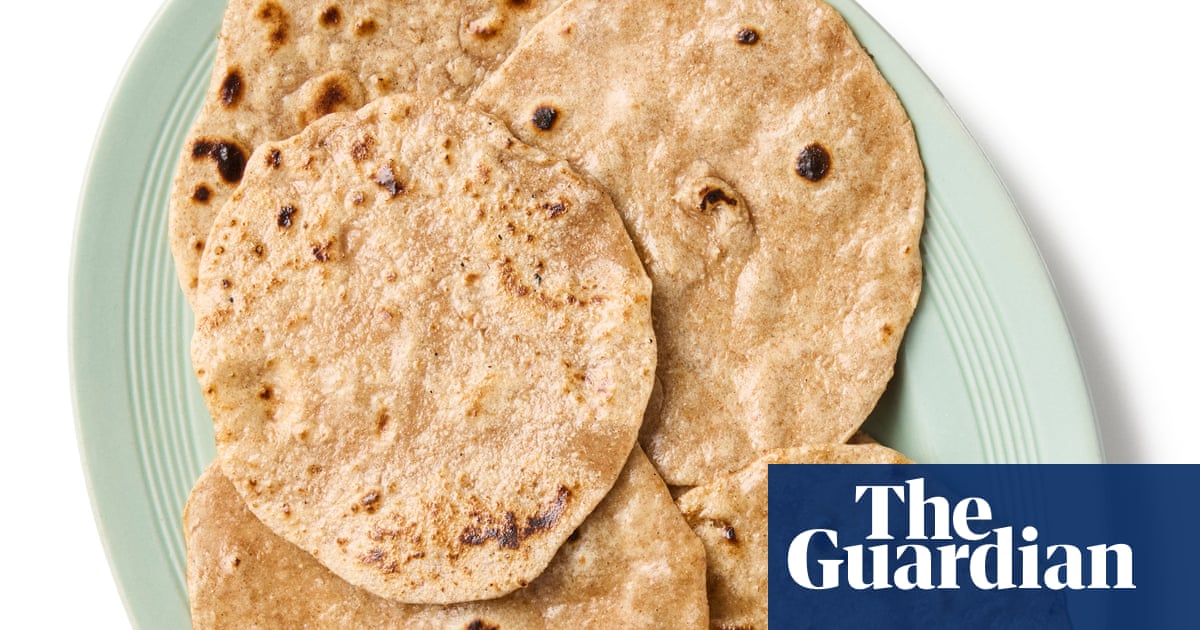Labubu-shaped bounce houses. Labubu-themed drinks. A chance to meet and greet a life-size Labubu.
This was the scene at a recent meetup at an outdoor shopping center in southern California, where dozens of people gathered for the chance to get their hands on one of the wildly popular fluffy dolls.
Vendor stalls, prepped with their Labubu-themed merchandise, lined the parking lot of the Stonewood center in Downey, a city in south-east Los Angeles. Children bounced on the white trampoline featuring pink and blue streamers where they posed with cutouts of a chestnut Labubu, providing pops of color for the perfect photo opportunity. Children and adults strolled with bags of Labubus and other figurine collectibles sold by Pop Mart, the Chinese toy retailer. Dozens crowded the tent of a reseller who was raffling away “blind bags” that contained a mysterious mix of different versions and styles of Labubu.
Since hitting the market in 2019, Labubus have become a global phenomenon. Their popularity has been fueled by social media posts of live unboxings that showcase rare collections. Launches of new editions sell out on Pop Mart within minutes, sending the company’s profits soaring over the past year.
Celebrities like Rihanna, Emma Roberts and Lisa only fed the frenzy by clipping the dolls on to their handbags, branding them as the new “luxury” accessories and leading fans to do whatever it takes to get their hands on one.
Avid collectors say that acquiring the dolls has become almost like a “social currency”, according to one meetup attender, with the trend showing no signs of slowing down even as the prices climb, and knock-offs of the dolls become a growing problem.
“If you know about it, you’re in and if you don’t, you’re outside of it. It’s definitely social currency,” says Steven Limones.
Limones came to the meetup with his longtime friend Joshua Fornes, to build their collection of Pop Mart figurines. Limones said his passion for collecting began when his husband was given a Labubu by Fornes for Christmas. “I was like, ‘Oh, that’s cute.’ And then I saw [the British stylist] Harry Lambert [wearing] a Labubu on Boxing Day. So the day after Christmas, I thought, ‘Now I like it.’”
Labubu comes from the imagination of creator Kasing Lung who was inspired by Nordic fairytales after moving to the Netherlands from Hong Kong at the age of seven. It wasn’t until 2019 that Lung partnered with Pop Mart to bring the unique creatures to life.
Each Labubu doll is featured in different collections, and sold in “blind boxes” that only reveal their contents when opened, adding to the thrill for collectors. Each collection usually features six color options and one “secret doll”. The chances of drawing each option in a set is 1/6 , with Pop Mart guaranteeing no repeats within a purchased set.
The small, monster-like creatures have pointed ears similar to an elf, but with the devilish twist of serrated teeth. Nine of them to be exact. Any other number and you may have a “lafufu” on your hands.
“It’s this cute thing, but there’s an edge to it that not everyone likes”, says Limones.
Labubu’s rising popularity has ultimately led to a rise in price – a reality that hasn’t sat well with many loyal fans. Until recently, Labubus sold for $21.99. A month ago, Pop Mart increased that price to $27.99 without formally making an announcement, leading customers to voice their frustrations on forums such as Reddit. Some suspected that Donald Trump’s tariffs on China could be to blame, but the company denied that in a statement posted to TikTok live and said that the reason for the price increase was “based on our brand overall operational strategy to ensure we continue delivering our high quality products for you guys in the future”.
Still, getting your hands on a Labubu won’t get easier anytime soon. Pop Mart has eliminated certain Labubu launches on their main website, making them accessible only through the Pop Mart app in order to reduce bots and discourage resellers. However, users have reported the app crashing during the checkout process. Pop Mart has also put a pause on selling products in stores, due to reports of fights breaking out between customers over the dolls.
Joshua Fornes was among those expressing frustration about how Pop Mart has changed the way it launches new dolls, pivoting their format from scheduled launches on the Pop Mart app and website to random drop times.
“Now it’s just incredibly difficult,” he says. “You can’t even go to stores any more and wait in line because it gets too hectic, because people are crazy trying to buy them.”
Pop Mart did not respond to a Guardian request for comment before publication.
Resellers are also struggling with price increases from the wholesale suppliers they buy from overseas. Princess Bautista of Amari collectibles, a vendor at the Labubu meet and greet, began reselling in February after becoming invested in collecting the popular dolls herself. She said she had been personally feeling the effects of the price increase on her business. Some of her suppliers, she said, had tripled their price for popular collections, such as the Exciting Macaron series.
“I was gonna give up about, like, two, three weeks ago, because of the prices,” she said. Despite that, she plans to keep going because the “hype” is still driving sales. “That’s why I still buy them for whatever price. Customers will still buy them.”
Despite the rising prices and changes in the launch process, dedicated buyers and sellers at the meetup said the Labubu craze wasn’t slowing down just yet. Whether the trend will repeat a history similar to the Beanie Babies before them remains to be seen.
Steve remarks: “The Labubu is here. It’s here for now. Who knows if it’s here to stay. Enjoy it.”

 3 months ago
42
3 months ago
42

















































